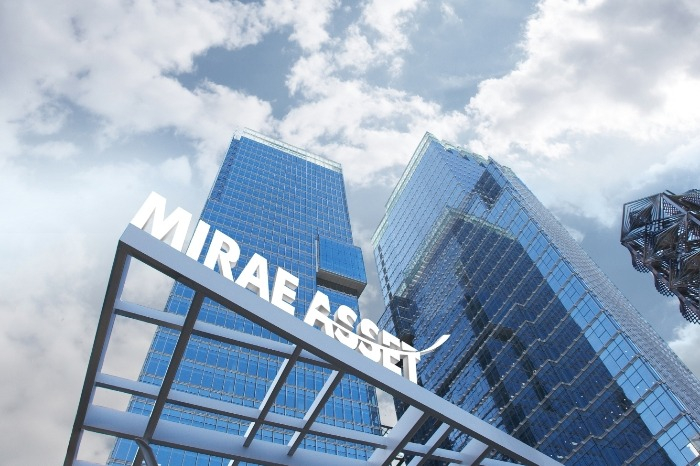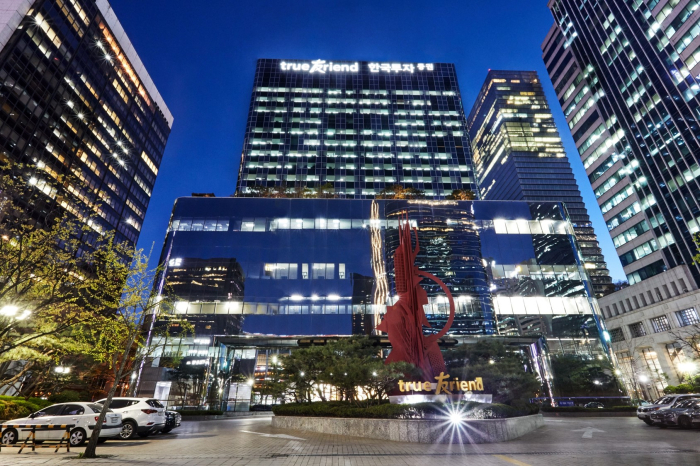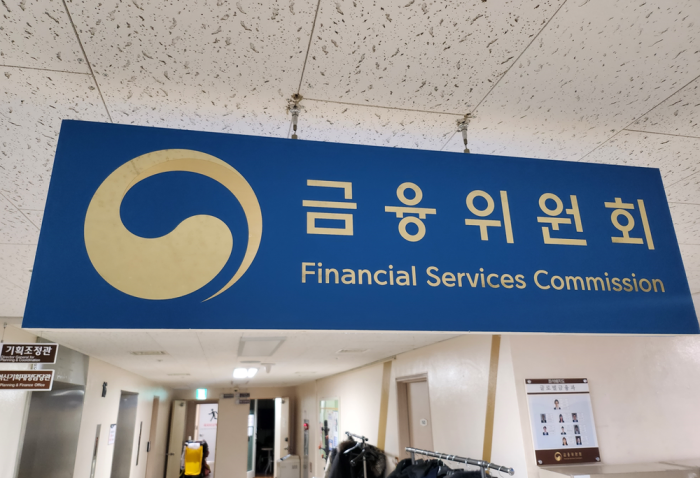
South Korea’s push to expand retail access to investment banking products, particularly through investment management accounts (IMAs) and short-term finance instruments, is expected to channel an additional 20 trillion won ($14 billion) into early-stage companies by 2028.
This move is in line with the government’s broader effort to redirect market liquidity concentrated in traditional banks and real estate into venture capital and new technologies.
On Wednesday, the Financial Services Commission (FSC) approved Mirae Asset Securities Co. and Korea Investment & Securities Co. (KIC) as the country’s first securities firms authorized to offer investment management accounts, or IMAs, eight years after the framework was first created.
IMAs, primarily targeting individual investors, allow firms to raise up to 300% of their equity capital and channel them into corporate lending, while guaranteeing client principal.
They are expected to offer annual yields of 5-8%, above local bank deposit rates, which currently sit below 3%.
MANDATORY ALLOCATION TO RISK ASSETS
They are required to direct a portion of raised capital toward high-risk investments, including small and medium-sized enterprises (SMEs), startups, venture capital funds and new technology finance associations.
Under the regulation, at least 10% of funds must be allocated to these sectors in 2026, rising to 20% in 2027 and 25% in 2028.

Both Mirae Asset and KIC plan to launch their first IMA products next month. They are expected to manage discretionary portfolios under the IMAs, which market observers said would generate a combined 6.6 trillion won in risk capital next year.
“The approval of the IMA license marks a critical turning point for redirecting excess liquidity from the banking sector into capital markets,” said Kim Se-wan, president of the Korea Capital Market Institute.
If the two firms raise capital to their full capacity and meet regulatory requirements, their IMAs are expected to balloon to 16.7 trillion won by 2028 in aggregate.
To prevent concentration in low-risk assets, investments in A-rated corporate bonds and loans to SMEs should not exceed 30% of the mandatory allocation.
“Violations of the mandatory risk capital allocation rule will be treated as unsound business conduct,” Ko Young-ho, director of the Capital Markets Division at the FSC, said at a media briefing.
The designation as the operators of IMAs sits at the top tier of Korea’s comprehensive financial investment business regime, which grants broader investment banking powers to securities houses with at least 8 trillion won in equity capital.

SHORT-TERM FINANCE
On Wedneaday, the FSC also granted Kiwoom Securities Co. a license to engage in short-term finance, including issuance of commercial paper, paving the way for an expansion of its investment capacity.
The firm, with over 4 trillion won in equity capital, will be permitted to issue notes up to 200% of its equity capital.
Under the new license, Kiwoom is expected to gradually expand its portfolio directing toward SMEs and startups, starting with 1.14 trillion won next year and 2.8 trillion won by 2028.

NATIONAL GROWTH FUND
The regulatory moves align with the government’s announcement in September to launch a 150-trillion-won National Growth Fund with contributions from pension funds, financial services firms and individuals, aimed at accelerating investments in technology startups.
In September, the FSC said it may loosen financial regulations related to their investment activities to encourage financial companies’ participation in the fund.
The National Growth Fund and business development companies are also recognized as eligible vehicles for early-stage investments under the IMA framework.

OTHERS TO FOLLOW
NH Investment & Securities Co., one of the country’s leading brokerage firms, is also seeking to win an IMA license.
Meritz Securities Co., Samsung Securities Co., Hana Securities Co. and Shinhan Investment Corp. have applied for licenses for short-term commercial paper issuance.
If regulatory approval is granted to them, an additional 19 trillion won could be mobilized for domestic venture-related investments by 2028.
Including the contributions from existing commercial paper-issuing firms, a total of 41.9 trillion won would be eligible for investments in early-stage firms by 2028.

IMAs come with a mandatory holding period of at least one year. Early redemption before maturity may result in principal losses
Their estimated annual yields range from 5% to 8%, based on bond yields below investment grade.
Mid-yield portfolios, investing in BBB-rated corporate loans and infrastructure, are projected to return 5-6% annually, according to product guidelines released by financial authorities in April.
High-yield portfolios, focused on bonds and equity stakes in SMEs, generate returns in the 6-8% range.
Securities firms offering IMAs are required to set aside about 5% of client investment funds as loan loss reserves.
Industry observers warn that the upcoming rollout of IMAs could deepen the divide between well-capitalized securities firms and their smaller rivals lacking the financial capacity to participate.















